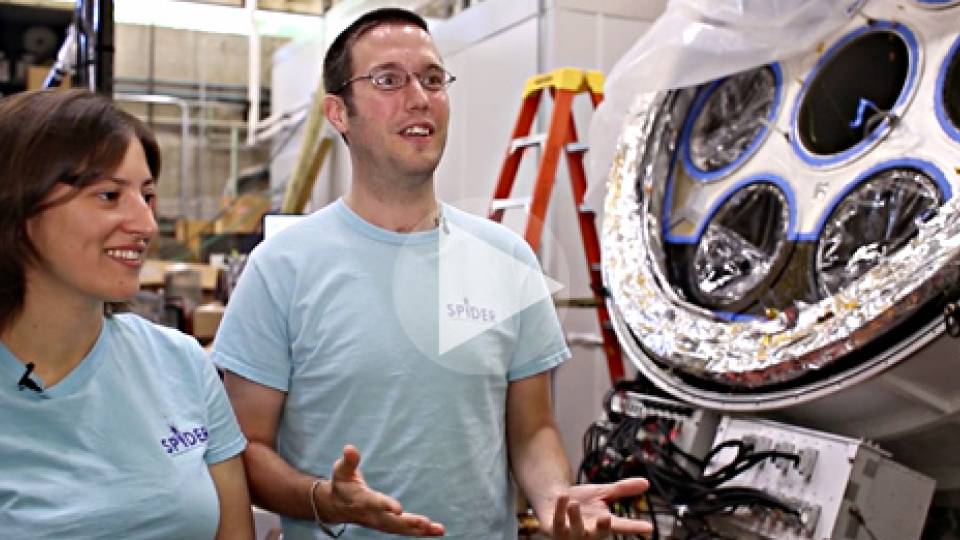SPIDER, a stratospheric spacecraft constructed primarily in Princeton's Jadwin Hall, will head to Antarctica this December with researchers from Princeton and other institutions to begin a 20-day orbit roughly 110,000 feet above Earth. During that period, SPIDER's six large cameras will look for the pattern of gravitational waves produced by the fluctuation of energy and density that resulted from the Big Bang. These waves are a "statistically unique fingerprint" that can be traced back to the beginning of the universe, says Princeton assistant professor of physics William Jones, who leads the multi-institutional project. Read more.



